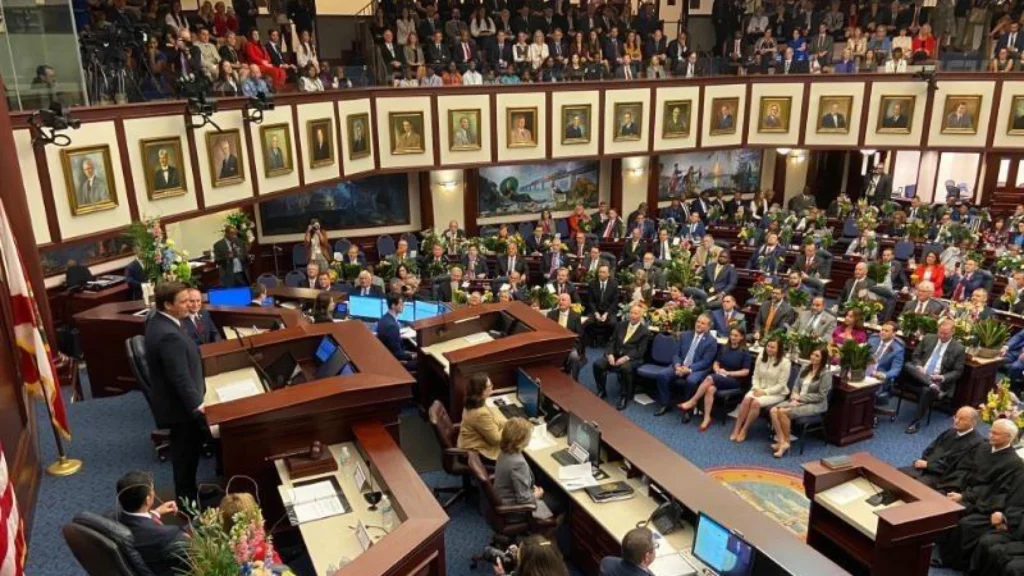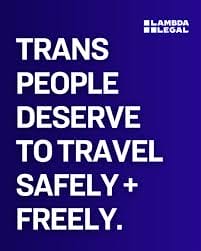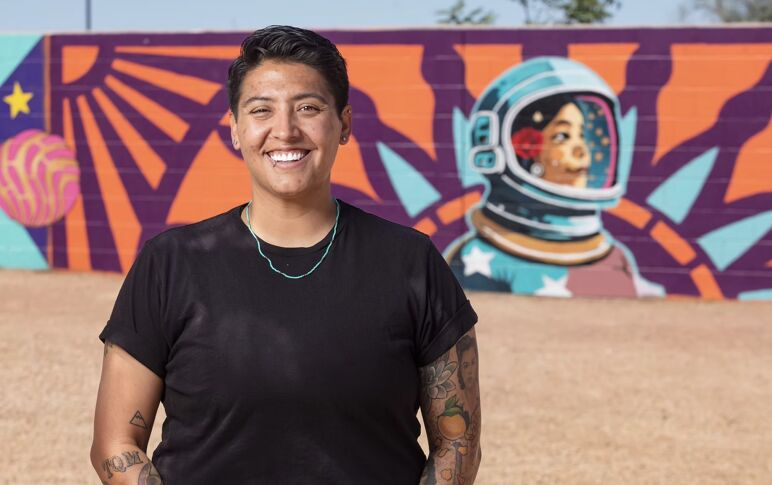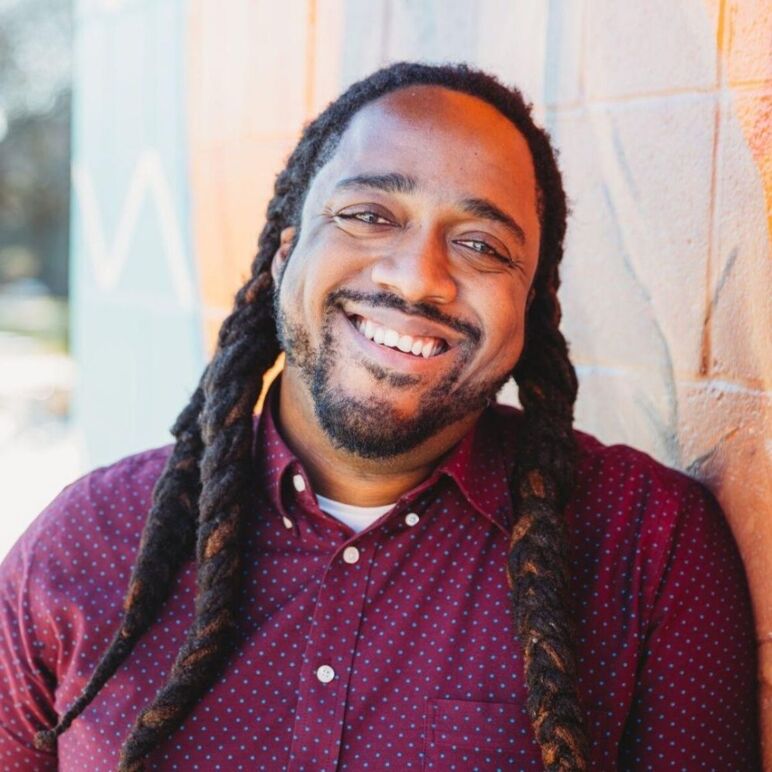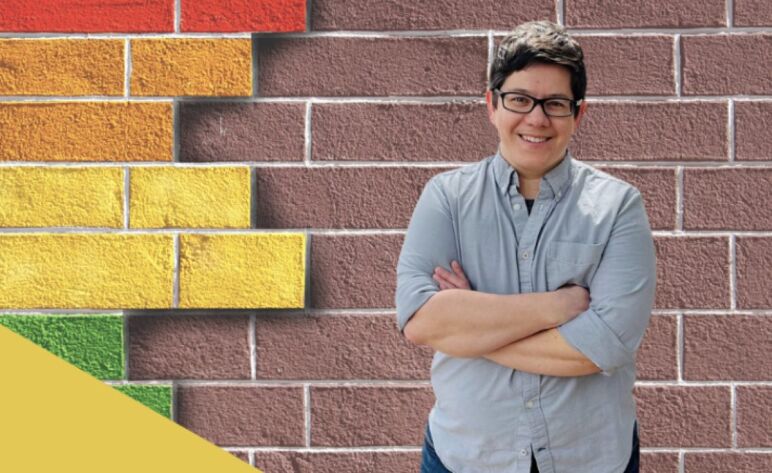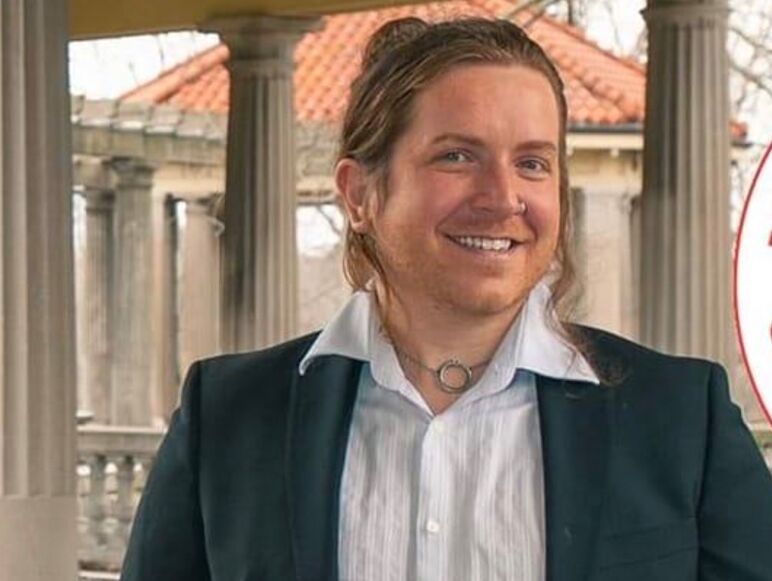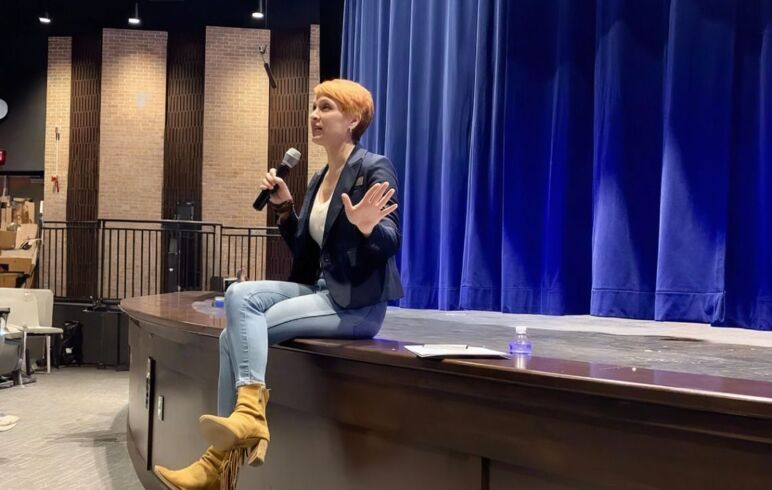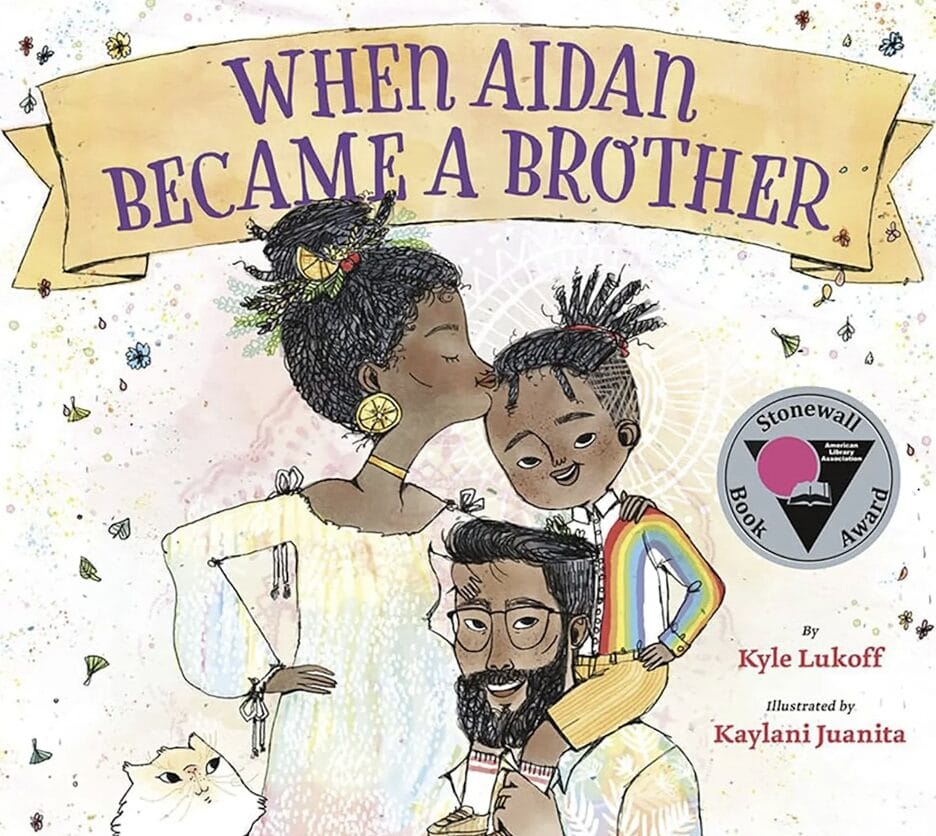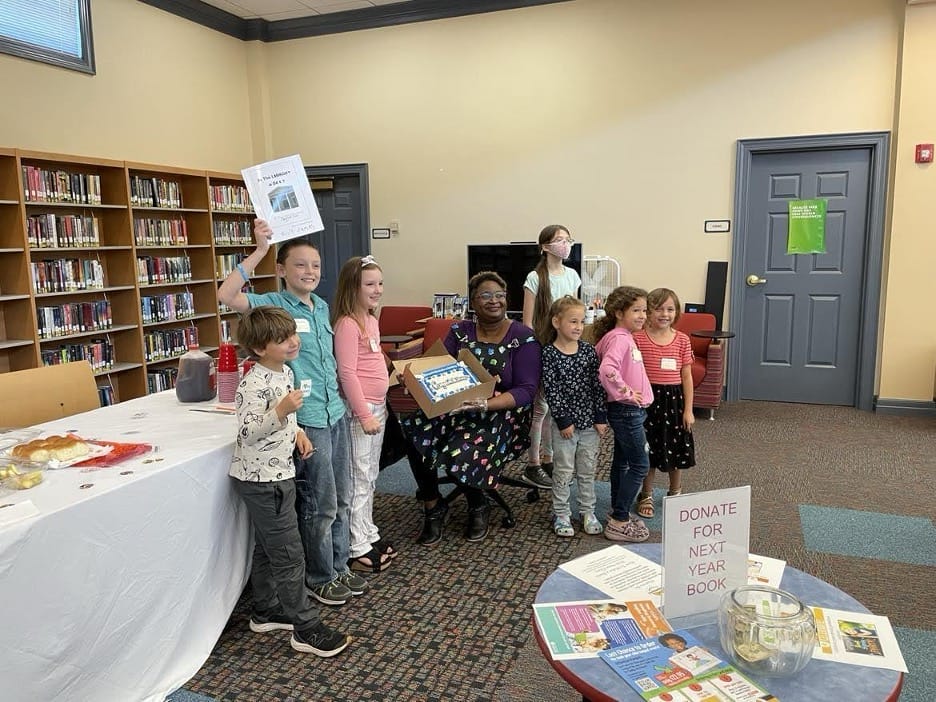Ohio GOP wants to forcibly out queer students to unsupportive parents
Ohio State Republicans have introduced numerous anti-LGBTQ+ bills during this legislative session, including one that would out LGBTQ+ students to their parents if they receive any related counseling, a bill requiring transgender politicians to list their deadnames on public records, a law restricting trans students’ ability to use preferred names and pronouns in schools, and a ban on drag (even though federal courts have blocked similar laws for violating free speech rights).
State Democrats have also introduced legislation to enshrine LGBTQ+ non-discrimination protections as well as a ban on so-called conversion therapy into law. None of the bills have received hearings so far. The Ohio legislature is currently on summer break and will reconvene in the fall.
Among the bills introduced by state GOP legislators are Ohio House Bill 190, which would require parents to submit school permission slips for educators to address students by different names or pronouns that differ from the names and gender listed on their birth certificates. Republicans nationwide have tried to claim that affirming students’ trans and nonbinary identities without parental disclosure is a form of “indoctrination” and “trans-ing” kids.
With that in mind, state Republicans have also introduced Ohio House Bill 172, which would ban kids 14 years and older from receiving mental health services without parental consent. This would include any child who receives school “counseling services or monitoring related to the student’s mental, emotional, or physical health or well-being, or the school’s ability to provide a safe and supportive learning environment for the student,” the bill states.
The bill would force educators to forcibly out queer students who seek counseling for LGBTQ+ issues, including students who are bothered by psychological distress, anti-LGBTQ+ bullying, or are experiencing problems with academic performance.
Another bill, Ohio House Bill 196 would require trans and nonbinary political candidates to list their deadnames on candidacy petitions. The bill comes after a 2024 incident in which several trans candidates for elected office in Ohio were disqualified because they didn’t disclose their deadnames when filing campaign paperwork. One candidate said she didn’t even know about this requirement.
The following year, Ohio Secretary of State Frank LaRose (R) changed the candidate forms to require candidates to “include all prior names used in the past 5 years,” outside of those that resulted from marriage. This bill would essentially enshrine the form change into law. Currently, people in Ohio can change the gender marker on their state birth certificate, but it requires a court order.
Lastly, Ohio House Bill 249, would ban drag performers from performing any place not designated as an adult entertainment facility. The bill would designate as an “adult cabaret performance” any act that involves “performers or entertainers who exhibit a gender identity that is different from the performer’s or entertainer’s biological sex using clothing, makeup, prosthetic or imitation genitals or breasts, or other physical markers.”
The law ostensibly restricts any displays that are “obscene or harmful to juveniles,” and “wouldn’t prohibit or restrict a bona fide film, theatrical, or other artistic endeavor or performance that is not obscene or harmful to juveniles.”
But the state’s definition of obscenity refers to any content designed to “appeal to the prurient interest, depict sexual conduct in a patently offensive way, and lack serious artistic, literary, or scientific value when taken as a whole.”
As such, the law would forbid any non-adult cabaret venue — such as a library, movie theatre, playhouse, or bar — from showing any media or performance that depicts cross-dressing or transgender individuals, if anyone considered them even remotely obscene. Courts have blocked similar drag bans from going into effect in Florida, Tennessee, and Texas, calling the laws vague, overbroad, and burdensome for businesses to follow without fear of persecution.
State Democrats have introduced Ohio Senate Bill 70 (aka. the Ohio Fairness Act), which would include sexual orientation and gender identity into pre-existing anti-discrimination laws. The bill has been introduced in every legislative session since 2011, and this is the first time since 2018 that it has received no Republican support. The Ohio Capital Journal reported.
Additionally, Ohio Senate Bill 71 would ban any licensed health professionals from providing conversion therapy as a mental health treatment to minors. Numerous studies (and all major American medical and psychological associations) disavow conversion therapy as an ineffective, needless, pseudoscientific form of psychological torture.
Nevertheless, over 1,320 conversion therapists remain active across the U.S., including in states with bans in place, according to a report from the LGBTQ+ youth suicide prevention organization The Trevor Project.
The report found that licensed therapists, counselors, social workers, and unlicensed practitioners “advocate for and/or directly engage in” conversion therapy. Many discreetly advertise their services using terms like “sexual attraction fluidity exploration,” “rapid-onset gender dysphoria,” “sexual addiction,” “sexual wholeness,” “sexual integrity,” and claims to help clients “align their related behaviors with their faith.”

